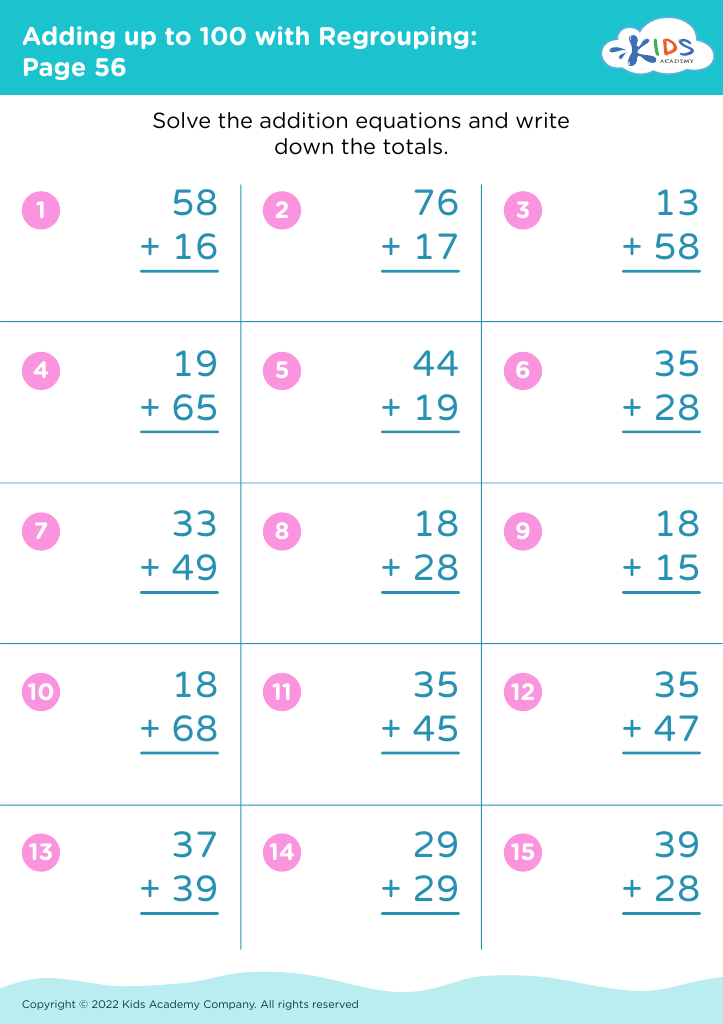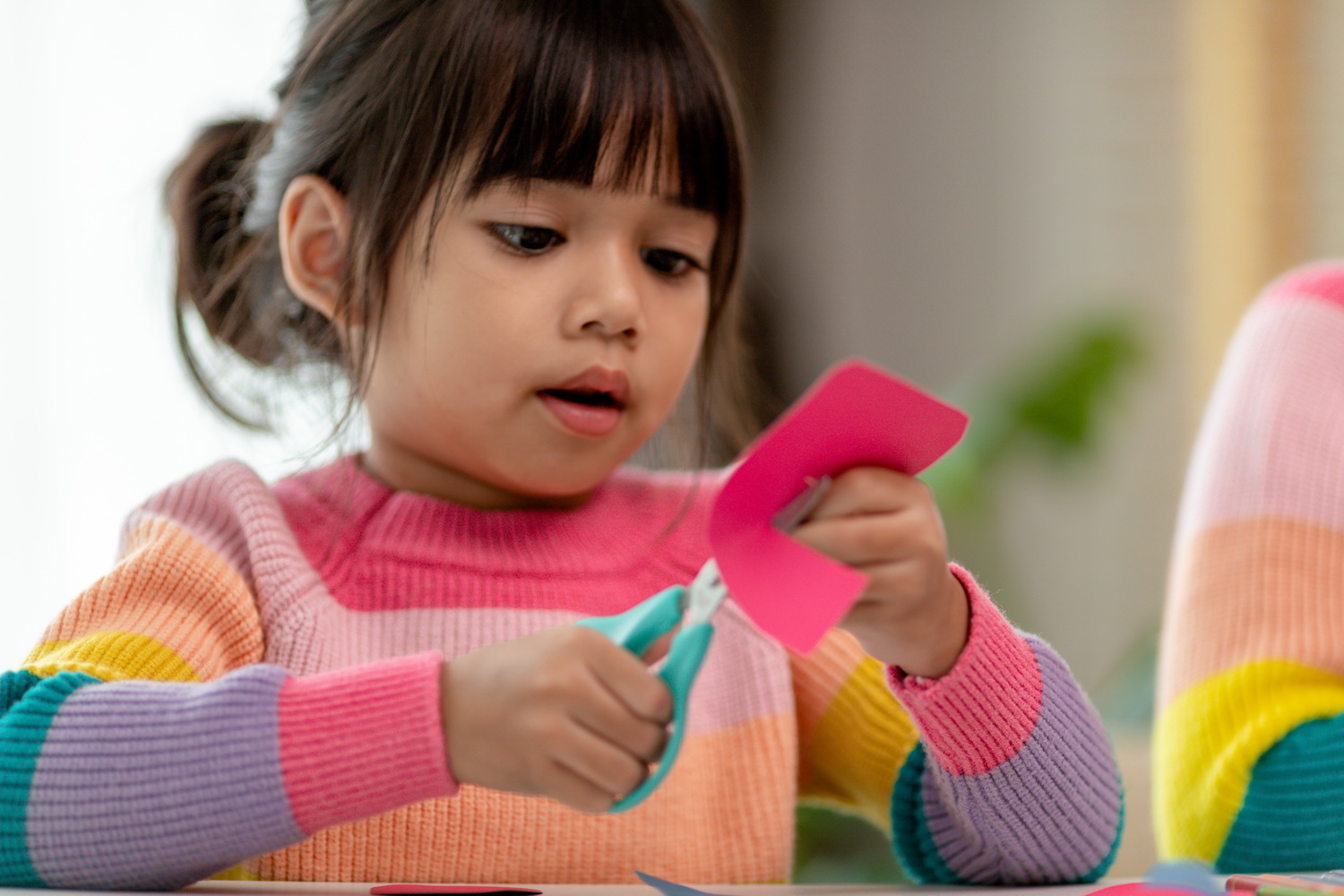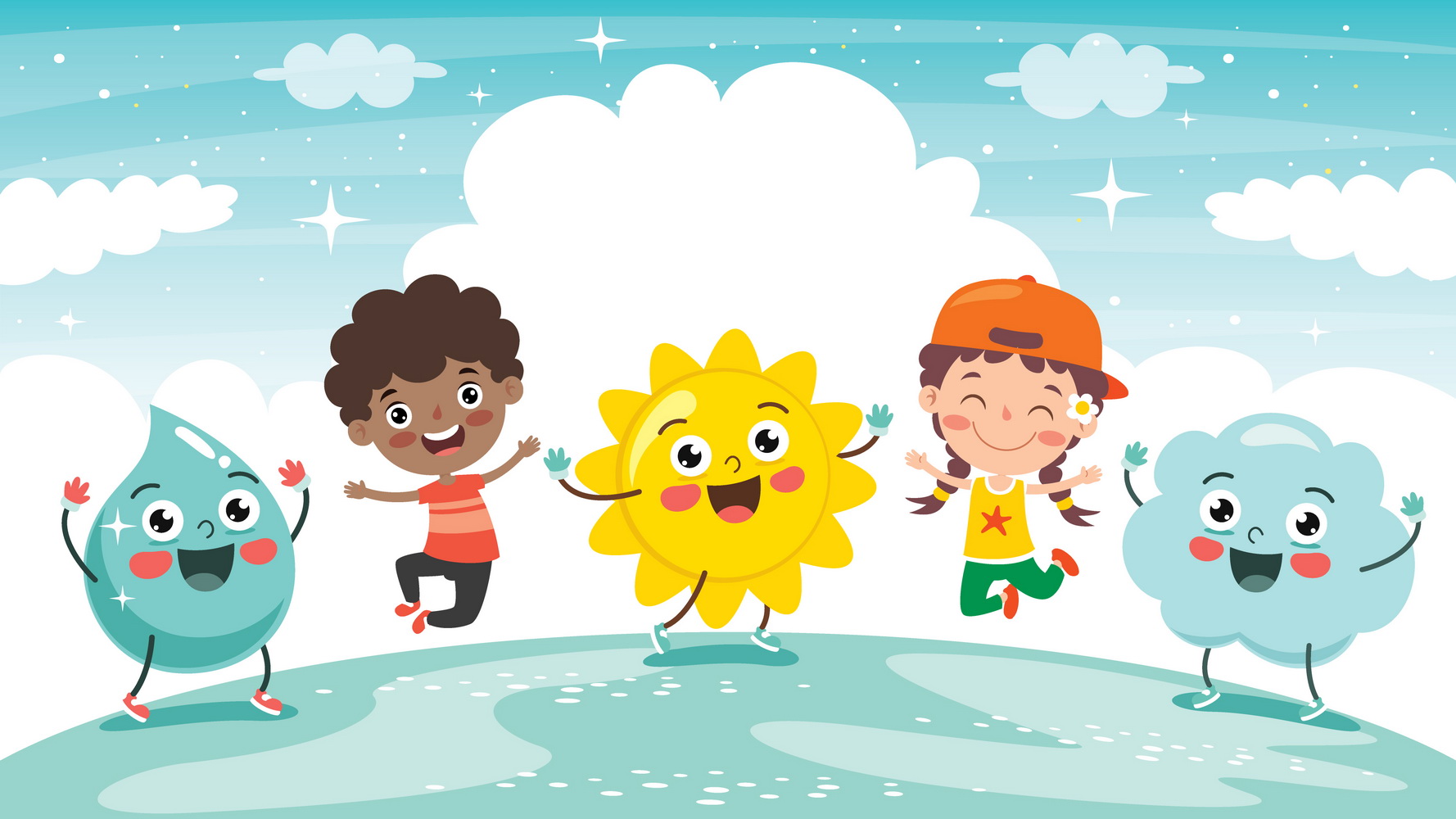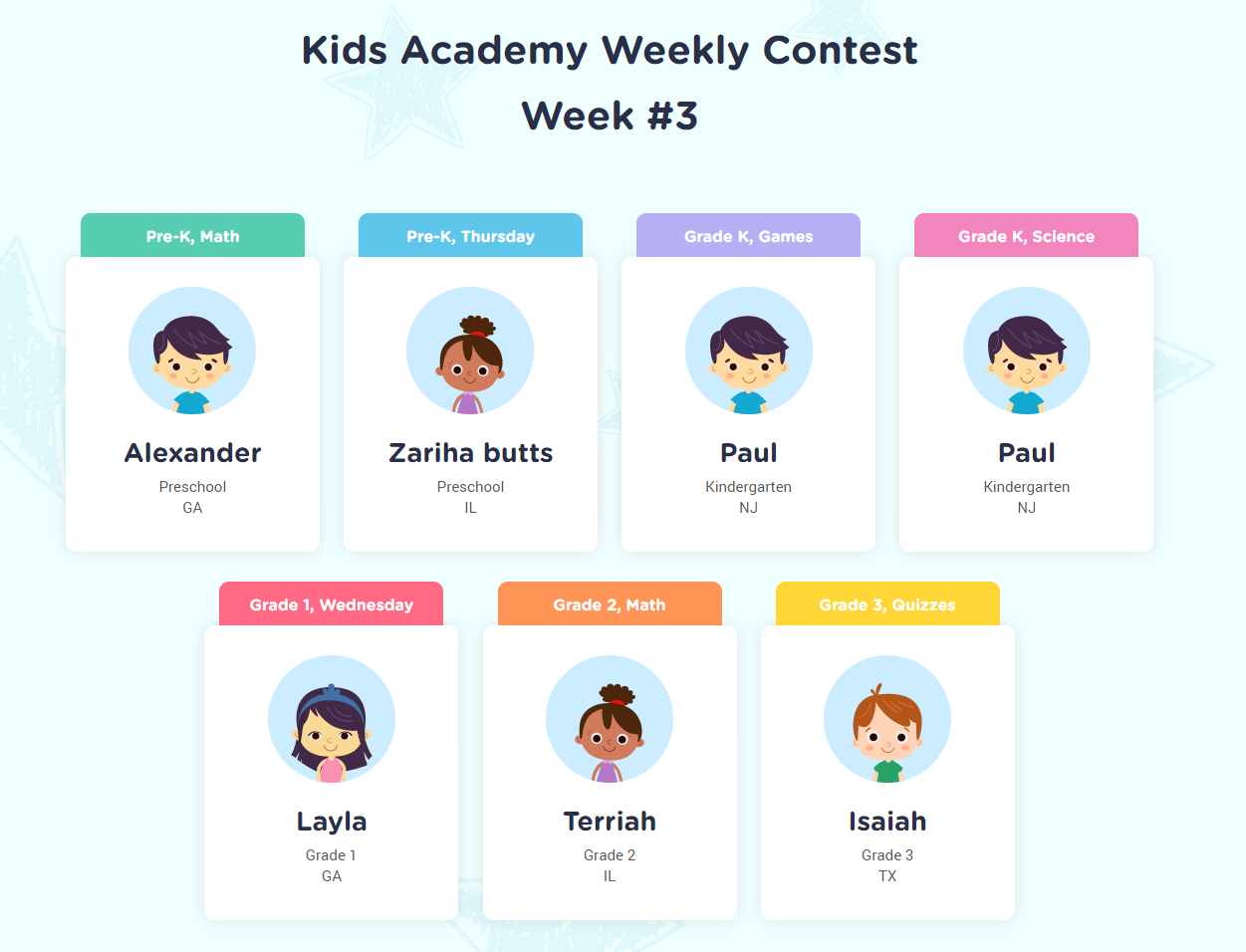Developing creativity Worksheets for Ages 6-8
3 filtered results
-
From - To
Discover an array of engaging and educational creativity worksheets tailor-made for young minds aged 6-8 at Kids Academy! Our expertly crafted materials nurture creativity, encouraging children to think outside the box while enhancing essential skills like critical thinking, problem-solving, and artistic expression. From drawing prompts and storytelling exercises to innovative math and science activities, each worksheet is designed to make learning fun and stimulating. Give your child the tools to unlock their imagination and foster a lifelong love of creative exploration with our vibrant, age-appropriate resources. Visit us now and watch your child's creativity flourish!
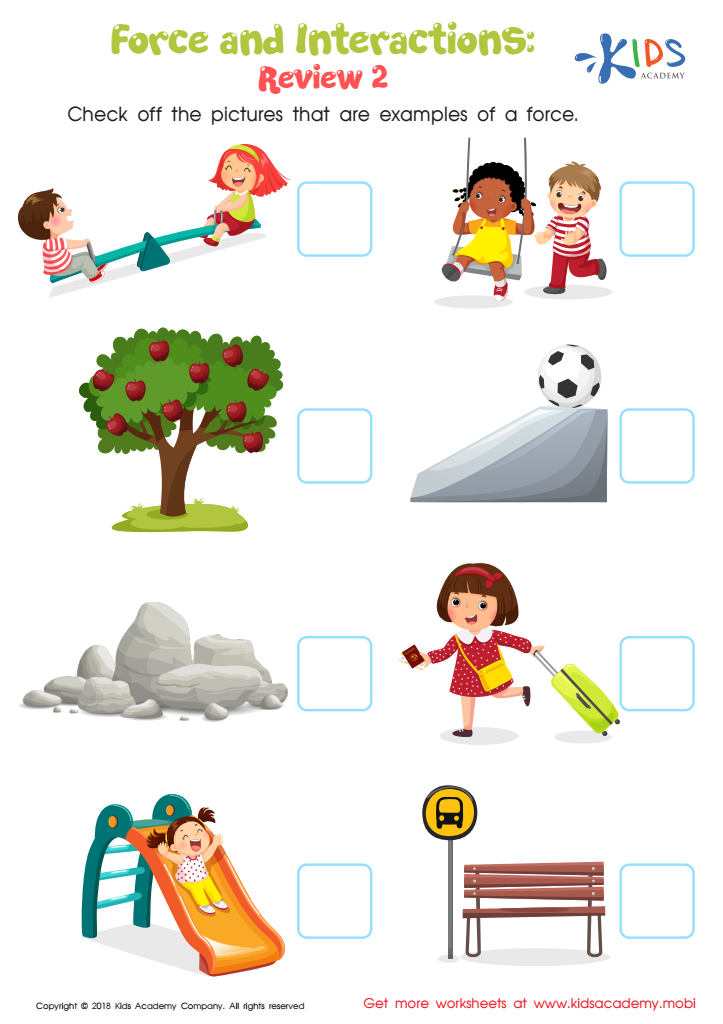

Force and Interactions: Review 2 Worksheet
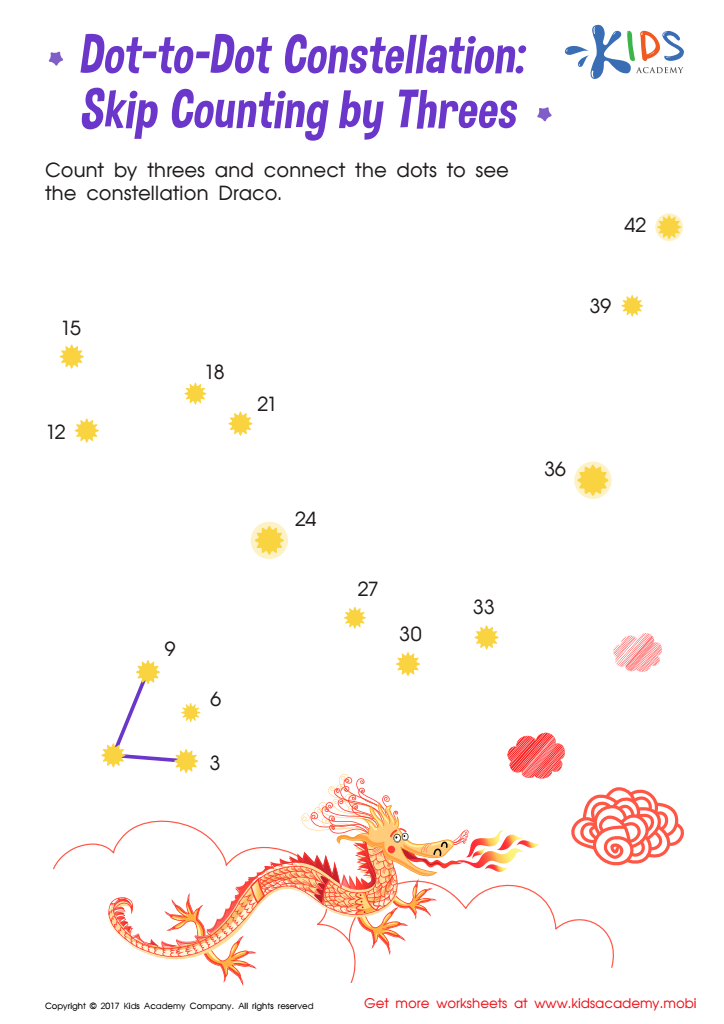

Developing creativity in children ages 6-8 is crucial for their overall growth and future success. At this formative stage, kids transition from simple play to more structured learning, which can benefit immensely from creative activities. Encouraging creativity in young minds nurtures problem-solving abilities, critical thinking, and adaptability—skills that are becoming increasingly vital in the 21st century. Moreover, creative activities like drawing, storytelling, and imaginative play help children express their emotions and thoughts, therefore building strong communication abilities and emotional intelligence.
Creatively stimulated children are generally more enthusiastic and engaged learners. When they explore, invent, and imagine, they cultivate a love for learning that often translates into academic success. Creativity also fosters resilience and perseverance, as children learn to experiment and understand that mistakes are valuable learning experiences.
Furthermore, shared creative activities can strengthen the parent-child or teacher-student bond, providing a supportive environment where children feel safe to take risks and think outside the box. Through collaboration, they learn social skills such as teamwork, negotiating, and taking turns, which are essential for interpersonal relationships and community involvement.
Ultimately, prioritizing creativity in early childhood nurtures well-rounded individuals who are prepared to navigate a complex, ever-changing world with confidence and ingenuity.

 Assign to My Students
Assign to My Students

